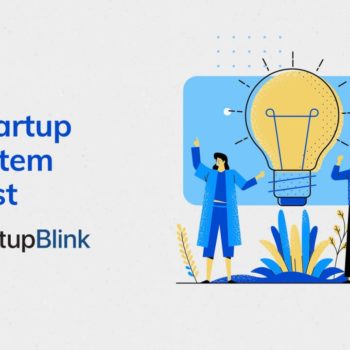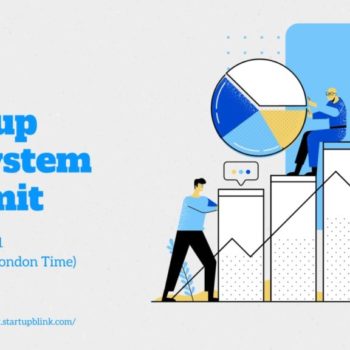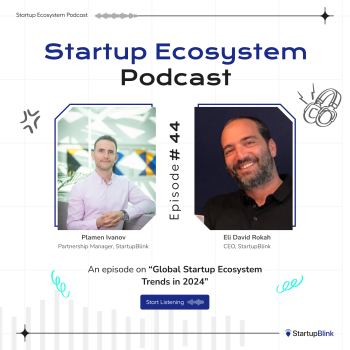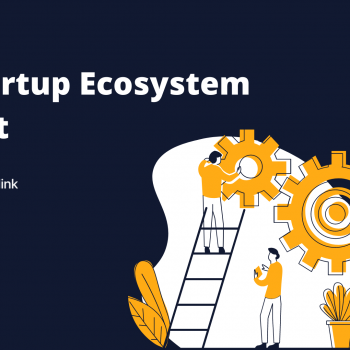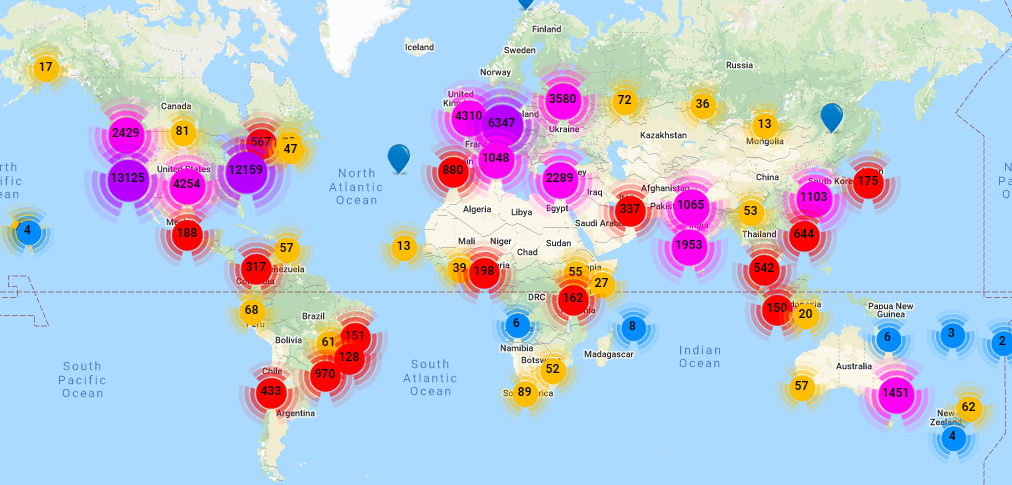In this article, we’ll explore the role of universities in startup ecosystems. Join us for an enlightening discussion in the 39th episode of our Startup Ecosystem Podcast series, where Martin Jordana welcomes David Kwok. David, the Director of Entrepreneurship & Innovation at YSpace —a university run community innovation hub nestled in Downtown Markham —shares valuable insights.
Before moving into insights from the discussion with David Kwok, let’s explore some of the roles a university can play within an ecosystem.
- Talent Pool: First and foremost, universities act as talent banks. Simply by existing within an ecosystem, they enrich the talent pool startups strive for.
- Knowledge Transfer: Another critical function of universities is the transfer of knowledge to startups and the ecosystem through academic research, cutting-edge technology, and specialized knowledge. This transfer significantly contributes to product development and innovation.
- Incubators and Accelerators: Universities can choose a more active role by launching their own accelerator or incubation programs. These programs can target their own students, the entire ecosystem, or both.
- Technology Transfer & Licensing: Moreover, universities, as hubs of innovation, possess intellectual property that can be licensed or transformed into startups. This provides startups with a technological edge, enabling them to bring innovative products or services to market more rapidly.
- Networking & Partnerships: Universities facilitate networking opportunities by hosting events, workshops, seminars, and conferences. Startups can connect with potential partners, customers, suppliers, and other stakeholders through these events, expanding their network and opportunities.
Let’s start by getting to know the City of Markham
The City of Markham, located within the Regional Municipality of York in Ontario, Canada, ranks as the fourth-largest entity in the Greater Toronto Area (GTA) and the 16th largest nationwide, with a rich history spanning 220 years. Markham is home to hundreds of high-tech companies, including industry giants like Qualcomm, AMD, and Lenovo. It serves as the center of Canada’s second-largest technology cluster, housing over 1,500 tech companies that collectively employ 35,000 highly-skilled workers. Given this level of innovation, it’s no surprise that the city has a rapidly growing startup ecosystem.
How YSpace contributes to Markham’s Startup Ecosystem?
YSpace is a crucial stakeholder in Markham’s startup ecosystem. It serves as York’s pan-university entrepreneurship and innovation hub. It’s worth noting that York University, one of Ontario’s largest universities, is currently constructing a campus in Markham. Representing York University, David Kwok explains the various initiatives they have launched at YSpace.
One of the valuable offerings of YSpace to the ecosystem is its16 distinct programs, all geared towards benefiting the community rather than being exclusively centered around the university and its students. These programs span from promoting diversity, supporting women-led enterprises through ELLA, a national program, to fostering Black-led entrepreneurship through the Black Entrepreneurship Alliance (BEA).
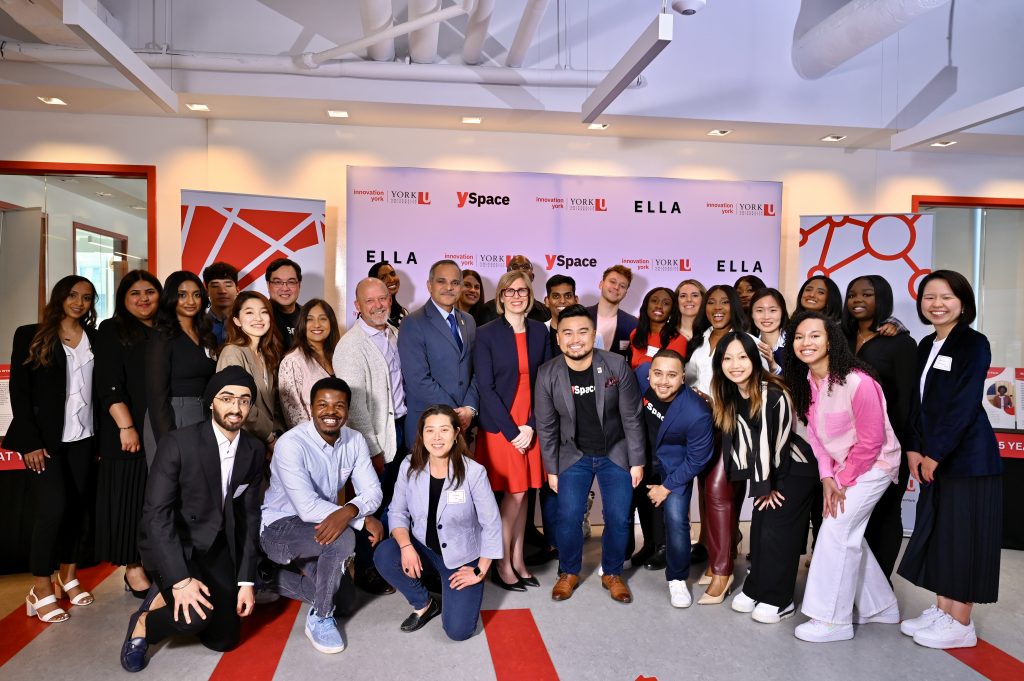
However, in addition to these specialized programs, YSpace also takes into account the strengths of Markham. The city excels in two specific areas: Agrifood and Hardware Technologies, having many reputable corporations in these verticals. With dedicated programs in technology with Venture Catalyst and Tech Accelerator, as well as the programs such as the Food & Beverage Accelerator, YSpace provides a nurturing environment for startups to become actively involved in these industries.
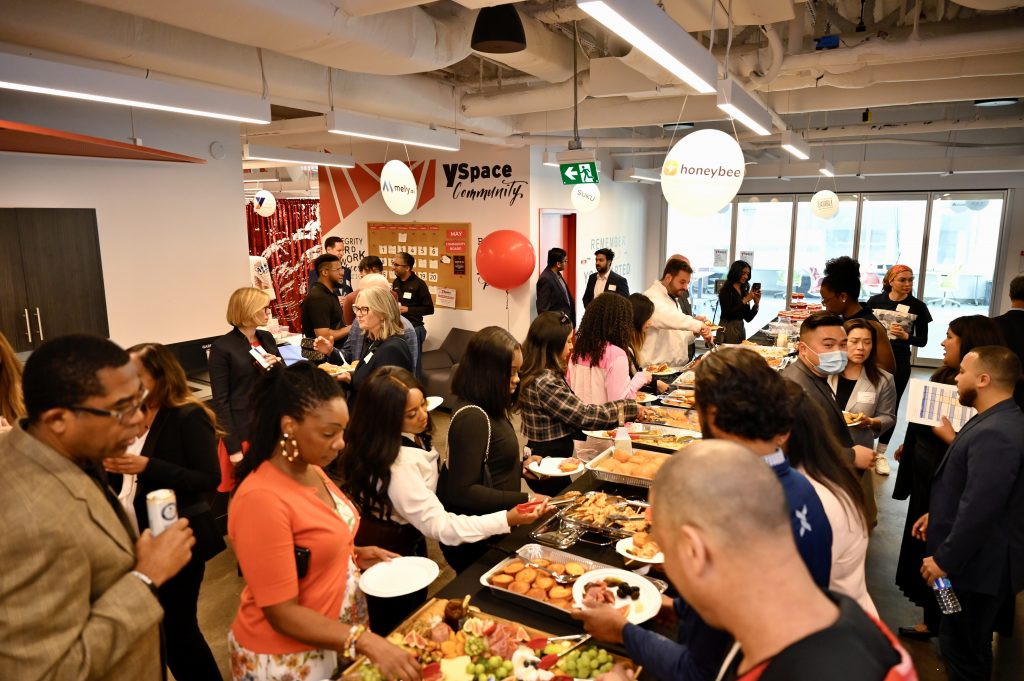
Although YSpace has a broad community focus, it is not completely detached from students and youth entrepreneurs. The center offers programs that allow both students and the community to participate, including one-on-one consultations for discussing project ideas and a series of workshops designed to provide students and the community with essential skills and a fundamental understanding of starting a business.
Additionally, as mentioned earlier, universities are talent banks for ecosystems, and YSpace facilitates this by offering paid entrepreneurial thinking placements for college and university students within innovative companies in Canada.
An Example on Government - University Collaboration
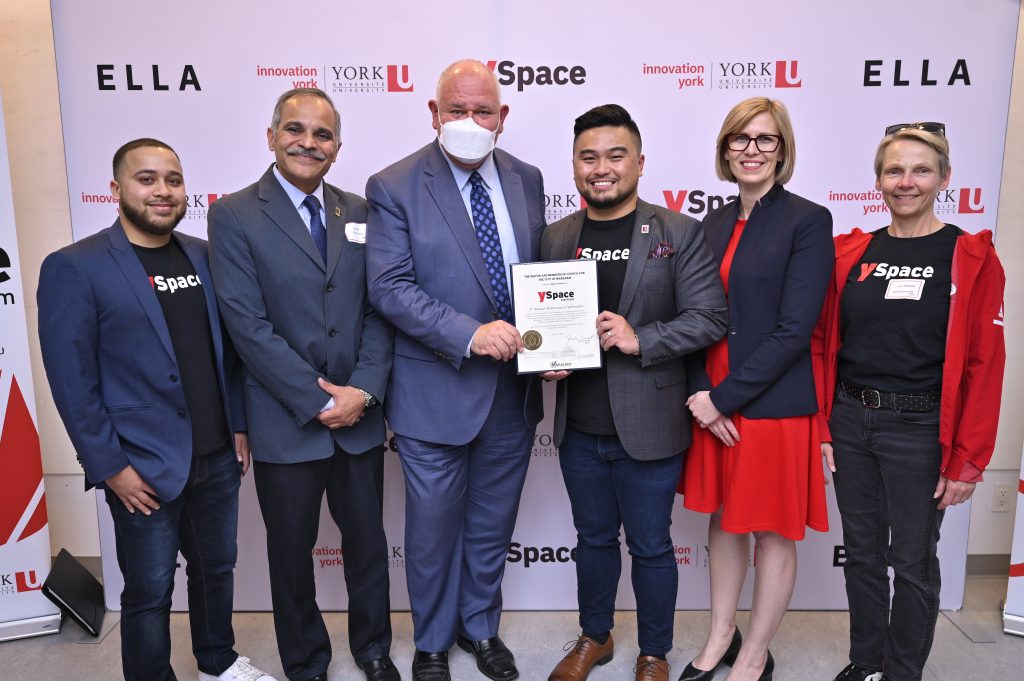
While Martin and David discussed Markham’s startup ecosystem, David elaborated on their collaboration with the City of Markham to further accelerate ecosystem growth. He emphasized that the city government is deeply involved in activities related to the ecosystem and collaborates closely with YSpace on various projects. David mentioned that the government supports startup founders through various grant programs, such as the Summer Company Program, providing funding of up to CA$3,000 to students aged 15 to 29, along with hands-on training and mentoring to start and run a company during the summer. Additionally, the Starter Company Plus grant program offers a CA$5,000 micro-grant, combined with advisory support and mentorship
In addition to the government’s involvement in the ecosystem, David emphasized that they do not view other ecosystem stakeholders as competitors, but rather as collaborators. These organizations include the City’s other acceleration and incubation providers, such as VentureLab and another college-run center, SENECA Helix. In our experience of working with dozens of governments, the undeniable truth is the value the community brings, propelling the ecosystem forward. Congratulations to all ecosystem stakeholders in Markham.
Why should entrepreneurs choose Markham?

As Martin and David discussed ecosystem development in Markham, the conversation could not conclude without addressing the city’s pros and cons. One significant aspect that comes to mind is the issue of brain drain, particularly due to the city’s proximity to Toronto. David explained that in the past, there was a prevailing notion of building in Toronto for those with innovative ideas. However, this perspective has started to shift, especially with the onset of the pandemic. Markham stands out as a city that offers easier access to facilities and resources, including talent. Entrepreneurs can quickly reach the municipality, and the city promotes a work-life balance by minimizing commute times, in addition to providing various supportive hubs such as Yspace.
To Conclude,
Universities are key players in startup ecosystems, acting as talent reservoirs and contributing to the knowledge transfer, incubation, and networking. Their role in fostering innovation by commercializing cutting-edge research and technology cannot be overstated. As for Markham, YSpace, is an integral part of Markham’s fast growing startup ecosystem, exemplifies how universities can effectively channel their resources to benefit the community. Their tailored programs and collaborations underscore the relationship between universities and local governments, facilitating support for startups. For entrepreneurs, Markham presents an attractive proposition—a city with proximity to resources, a rich talent pool, and a commitment to open up new opportunities through organizations like YSpace.





